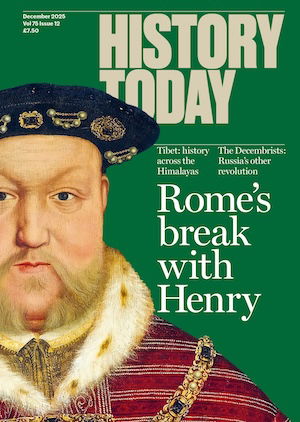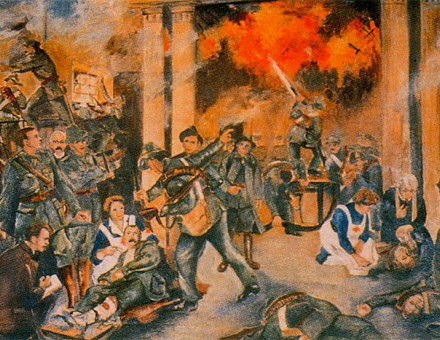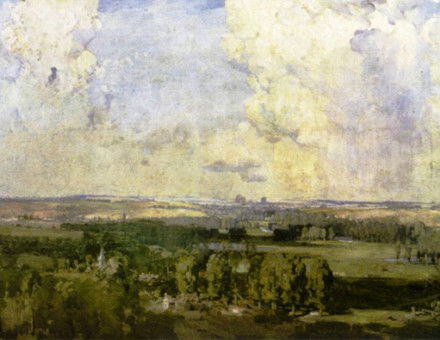The First Japanese Mission to England
In 1862 a Japanese official mission visited England, nine years after the re-opening of their country to the world. Carmen Blacker describes how their strange attire and ‘inscrutable reticence’ surprised the mid-Victorian public.




